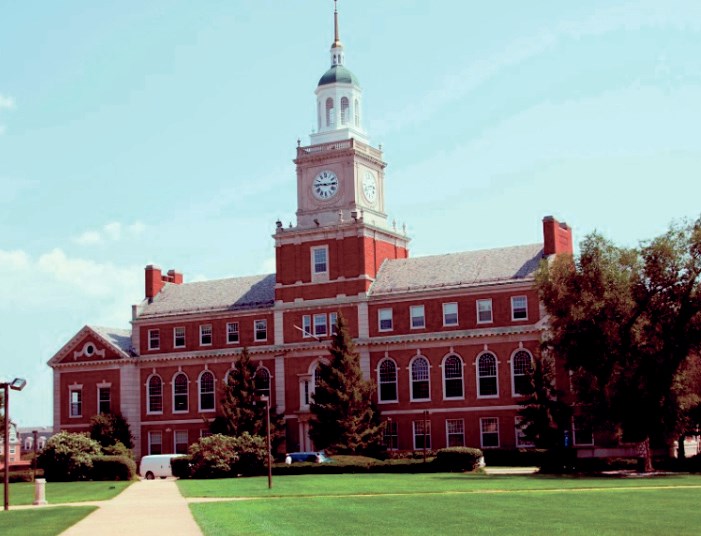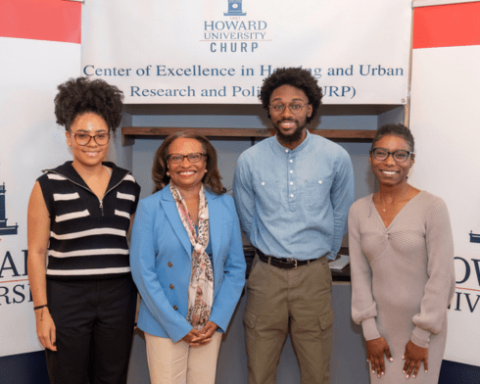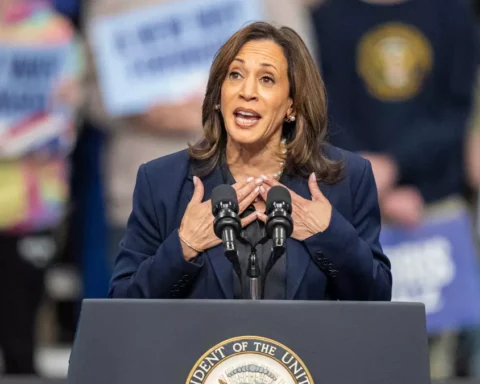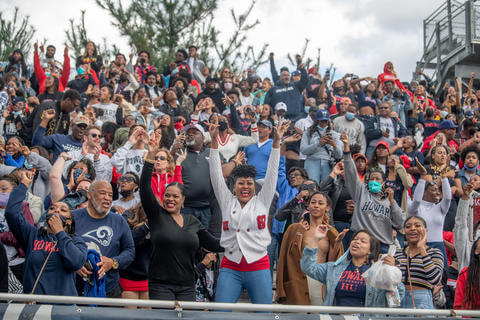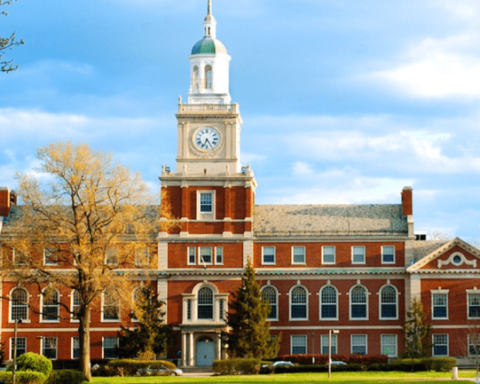Courtesy of Howard University
The U.S. Department of Energy’s (DOE) Office of Energy Efficiency and Renewable Energy launched its inaugural Historically Black Colleges and Universities (HBCU) Clean Energy Education Prize Partnerships Track earlier this year, naming Howard University as one of only ten prize winners for the first of the track’s three phases.
Howard University is eligible to split a prize pool of $4M as it enters Phase 2 this month, which will be determined by project status at the conclusion of this phase. Phase 1 winners have already received $100K to support partnerships between HBCUs and other universities, government agencies, and industry leaders to build new programs, develop curriculum and create opportunities to equip HBCU students for lasting success in the clean energy industry.
Supplemental to the existing collaboration between Howard University and Drexel University, the project will help the team of researchers and educators achieve their shared goal and establish a program and curriculum in clean and just energy that would engage students in experiential learning activities across disciplines.
“Howard University proposes to develop a cross-university exchange program with Drexel University to train students through experiential learning activities in the areas of building decarbonization, clean energy, and smart building resiliency,” said Carlton Waterhouse, JD, Ph.D., professor of law in the School of Law and director of the Howard University Environmental and Climate Justice Center. Waterhouse will serve as a principal investigator (PI) on the project.
In Fall 2023, Howard University began offering its new award-winning interdisciplinary course Environmental Justice (EJ) + Health + Decarbonization, designed and taught by Nea Maloo, assistant professor of clean energy and architectural building technology in the College of Engineering and Architecture and a Howard University PI.
“The clean energy education and curriculum will propel students to be leaders in the most developing field. The students will be trained to design clean and equitable energy communities to help combat climate change. The networking and collaboration for students and professors will be added value in the learning experience,” said Maloo.
With a strong focus on securing a clean and just energy future for the nation, the DOE recently announced its first faculty cohort for the groundbreaking Faculty-Applied Clean Energy Sciences (FACES) Program, a collaborative effort of the DOE’s National Renewable Energy Laboratory, Office of Energy Justice and Equity, and Office of Energy Efficiency and Renewable Energy. Elected as a program fellow of this inaugural cohort, Maloo will work closely with scientists at the National Renewable Energy Laboratory to enhance STEM education and promote clean energy responsibility.
“Howard University is a proud recipient of the HBCU Clean Energy Prize to help catalyze our nation’s transition to a clean and just energy future. Through this collaboration with Drexel University, students from both universities will benefit immensely from the resulting interdisciplinary educational experience. The innovation and creativity that are sure to come from this collaboration have the potential to be a career defining endeavor for the participating students,” said John M. M. Anderson, dean of the Howard University College of Engineering and Architecture.
Howard was also one of the first universities to receive the DOE’s Zero Energy Design Designation (ZEDD) for its Master of Architecture degree program with an equitable high-performance energy design concentration, uniquely positioning Howard as a leading institution in promoting clean and just energy education.
“I believe that the result of this [collaboration] will be transcending because when I look at the landscape of universities, educating in energy space, no one is centering that on justice and climate justice. It’s a unique opportunity to build out a unique curriculum that I believe all those would look at as a model,” said Mathy Stanislaus, Esq, vice provost and the inaugural executive director of The Environmental Collaboratory at Drexel University. “Really, it’s benefiting the communities that are most vulnerable from climate impacts and could benefit from clean energy opportunities. And it’s essential to foster students, particularly from HBCUs and students of color, to be able to be a participant in careers in this space.”
Howard PIs also include Janelle Burke, Ph.D., associate professor and interim chair of the Department of Earth, Environment and Equity in the College of Arts and Sciences and director of the Interdisciplinary Environmental Studies Program, and Amy Yeboah Quarkume, Ph.D., associate professor of African American studies in the College of Arts and Sciences, graduate director of the Center for Applied Data Science and Analytics and director of student engagement in the Center for Women, Gender, and Global Leadership.

